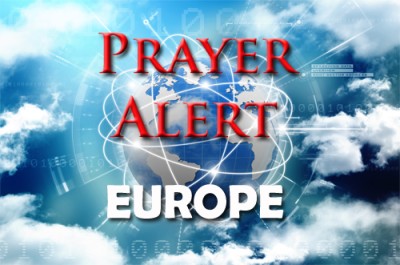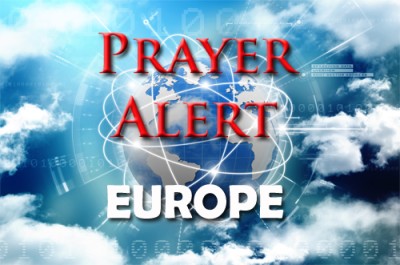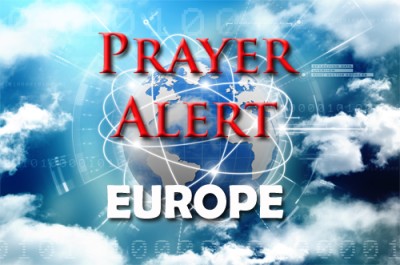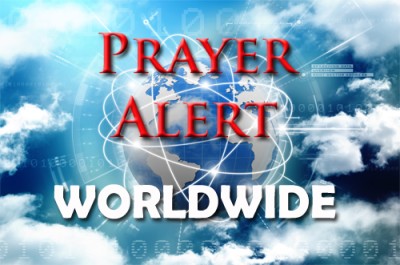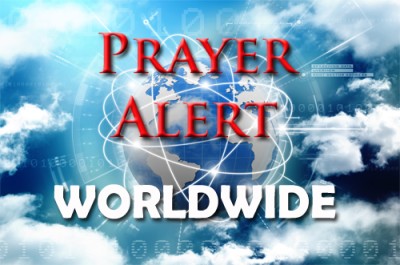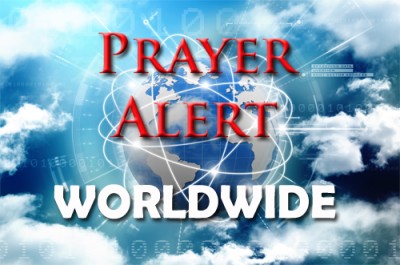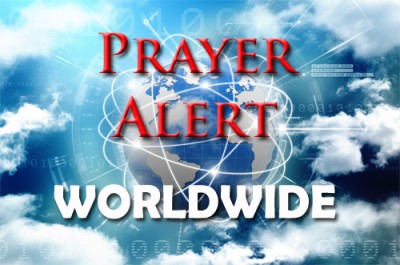Archbishop Sarah Mullally has formally paid homage to the King at Buckingham Palace, marking a significant moment at the start of her ministry as Archbishop of Canterbury. During the ceremony, she took an oath recognising the King as Supreme Governor of the Church of England, a tradition dating back to the reign of Queen Elizabeth I and observed by all diocesan bishops. Archbishop Sarah, recently confirmed as the 106th Archbishop of Canterbury at St Paul’s Cathedral, was accompanied by senior figures including the Lord Chancellor and the Clerk of the Closet. Reflecting on the occasion, she described it as a privilege and spoke warmly of the King’s deep Christian faith, evident in his lifelong service to the nation and the Commonwealth. She also recalled paying homage to Queen Elizabeth II when she became Bishop of London, expressing gratitude for the continuity of royal support for the Church. As she prepares for her formal installation at Canterbury Cathedral later this month, she begins her leadership at a time of both opportunity and challenge for the Church of England, calling for prayerful support as she steps into this historic role.
Renewed Russian attacks on Ukraine’s energy infrastructure have left millions without power during freezing winter conditions. Volodymyr Zelensky said more than two hundred repair crews are working around the clock in Kyiv, where over 1,100 apartment buildings remain without electricity. Elsewhere, cluster munition strikes in eastern towns such as Druzhkivka killed civilians and injured many more. The attacks, whose effect was exacerbated by temperatures as low as -20C, followed a week’s pause requested by Donald Trump. Families have sheltered in metro stations, warming centres and makeshift tents as generators are brought in. Energy officials warn repairs will take time, with some key facilities severely damaged. The governor of a Russian town near the border said work was continuing to restore power and water services following a Ukrainian missile strike there earlier in the week. While US, Ukrainian and Russian representatives meet again in Abu Dhabi to discuss a peace plan, there are few signs of progress. As winter deepens, ordinary Ukrainians face exhaustion, grief, and uncertainty alongside continuing violence.
Norway: crown princess’s son on trial for rape
05 Feb 2026The trial of Marius Borg Høiby, who is the son of crown princess Mette-Marit, has opened in Oslo, drawing national attention. The court heard emotional testimony from the first woman who alleges she was raped at a party in 2018, describing fragmented memory and distress at being drawn into a long-delayed legal process. Borg Høiby faces 38 charges, including four counts of rape, which he denies, maintaining that all encounters were consensual. The alleged incidents occurred after initial consent, with prosecutors arguing that the women were later incapacitated and unable to resist. Although he is not a member of the royal family, the case has intensified pressure on the palace, particularly regarding past links between the crown princess and Jeffrey Epstein. Strict reporting restrictions are in place as the court weighs evidence, credibility and responsibility, in a case that has stirred debate about power, consent, justice and public trust.
The deaths of fifteen Afghan and Moroccan migrants after a speedboat collision on 3 February with a coastguard boat have raised troubling questions about accountability at sea. The Greek authorities were quick to blame smugglers, saying the migrant vessel ignored warnings and manoeuvred dangerously. Yet critics urge caution, pointing to past incidents where official explanations later unravelled. In 2023, hundreds of migrants died when the fishing boat Adriana sank, initially described as unavoidable, before survivors alleged coastguard involvement. Years later, senior officers now face prosecution. In the current case, no testimonies from survivors have yet been made public and no independent video evidence has been released, so that there is uncertainty about what truly happened in the darkness. Greece remains a major entry route into Europe, while its government pursues a tough deterrence policy praised by some voters but condemned by human rights groups. The tragedy highlights the ongoing human cost of migration and the need for truth, transparency and compassion.
When the Rafah border crossing was reopened on 2 February, Palestinian women returning to Gaza have described a journey marked by fear, humiliation and deep emotional trauma. Of around fifty people expecting to cross from Egypt on one day, only twelve - three women and nine children - were ultimately allowed through. Several women reported being separated from their children, blindfolded, handcuffed and interrogated for hours by Israeli forces who control entry at the crossing. One woman said she was threatened with detention and pressured psychologically, despite explaining she only wished to return home and see her children. Basic belongings, food and water were confiscated, adding to the exhaustion of an already gruelling journey. Meanwhile, critically ill patients seeking medical treatment abroad were largely denied passage, leaving tens of thousands waiting inside Gaza. There are also reports that Israel is pressurising NGOs working in Gaza: see
UK foreign secretary Yvette Cooper has warned that the world is ‘looking away’ from the humanitarian catastrophe unfolding in Sudan, urging global action to protect women and children. Visiting the Sudan–Chad border, she said the international community was failing Sudanese women, many of whom have suffered sexual violence since fighting erupted in 2023 between the army and the RSF. At the overcrowded refugee camp in Adré, most arrivals were women and children who had fled extreme brutality. More than twelve million people have been displaced, with millions crossing borders in search of safety. The UK has pledged new funding to support survivors, alongside partners including War Child, represented on the visit by Carey Mulligan. Calls are growing for stronger international pressure to end violence, halt the flow of arms, and pursue accountability. Meanwhile, the army claims to have broken through a blockade by RSF of the important town of Kadugli: see
Minneapolis: Trump says DHS might need ‘softer touch’ as hundreds of agents are withdrawn
05 Feb 2026Donald Trump has said he personally decided to withdraw hundreds of federal law enforcement agents from Minneapolis, following huge protests after Alex Pretti was shot on 24 January (see ). About 700 agents from the Department of Homeland Security (DHS) are set to leave the Twin Cities, with the goal of ‘a full drawdown’. Trump said the move was tied to negotiations over the release of detained prisoners and took credit for falling crime rates in Minnesota, even though there have been accusations that federal agents violated constitutional rights through aggressive tactics. Minnesota governor Tim Walz and Minneapolis mayor Jacob Frey have both criticised the operations, while Trump suggested that in future DHS might need to use a ‘softer touch’ alongside firmness. The episode highlights deep national divisions over immigration, public safety, accountability, and the appropriate use of federal power.
A wave of coordinated terrorist attacks struck multiple towns and cities across Balochistan in the early hours of 31 January, targeting security forces and government installations. The assaults, which were carried out by a group which the state has named Fitna-al-Hindustan (to highlight alleged links with India), prompted large-scale security operations across the province. More than 175 militants have been killed, while fifteen security personnel and eighteen civilians lost their lives. Suicide bombers, including women, were among those involved in the attacks. In response to security concerns, mobile internet services were suspended in Quetta and several other districts, disrupting daily life for residents. Balochistan’s chief minister Sarfraz Bugti pledged firm action to restore stability, while federal officials said operations were continuing to eliminate remaining threats. The violence has heightened fear and uncertainty for communities already living with long-standing insecurity.

